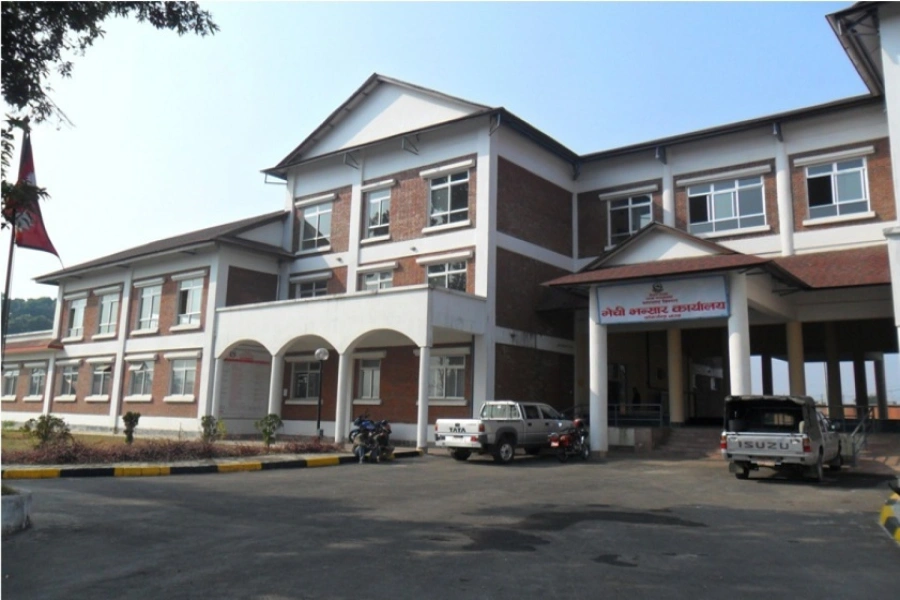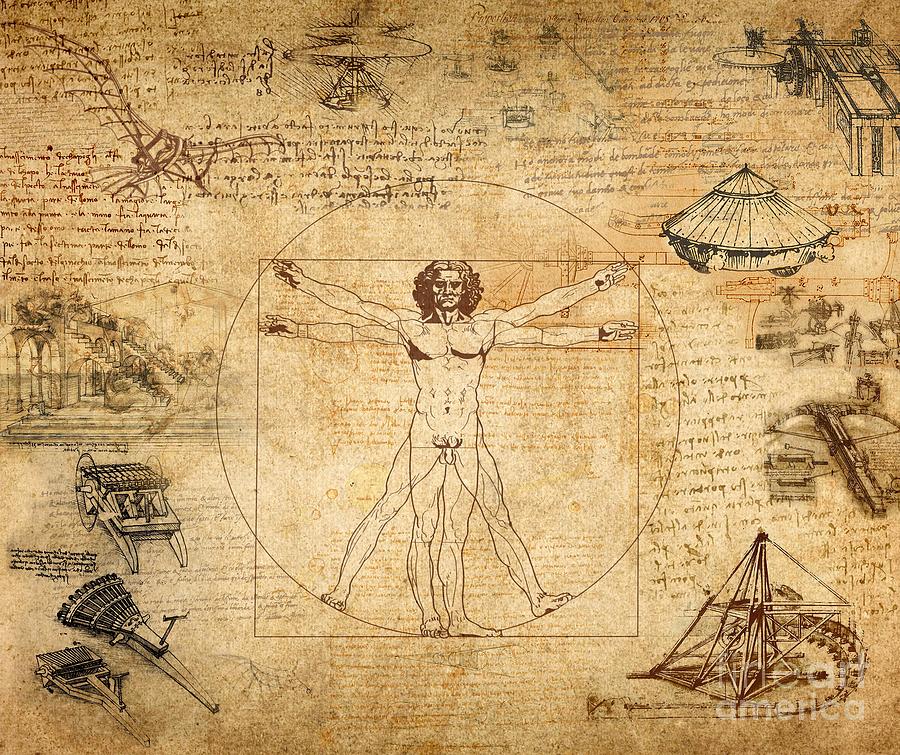SIRAHA, March 31: One-and-a-half-year old Chandrika Sada is nagging her sister for food. Gudiya, Chandrika's elder sister is forcing water in her mouth. The water fetched from a well is dirty and stinking. The toddler again asks for food, but her sister keeps pouring water again. After a while, Chandrika stops crying.
“She is very hungry. But there's nothing here except water,” said five-year-old Gudiya. “When I feed her water, she becomes quiet for sometime,” she added.
The two girls belong to a Musahar family in Muribari of Mirchaiya municipality in Siraha district. In the daytime, their parents are usually not at home. It is always the elders who look after the younger in the entire Musahar community. Musahar children hardly go to school.
“I have to look after my sister as my parents do not stay at home during day,” said Gudiya.
The Miseries of Musahars in Madhesh: An entire community strugg...

There are 27 Sada families in the locality. Some families also have cattle. They basically keep goats. However, the cattle also do not get enough food just like the children of the Musahars. When this scribe visited the community last week, both the sisters, and their goats looked hungry. But, there was no option except for drinking the dirty water. Nothing else was there except the plastic bottles filled with water.
Gudiya says they sometimes do not even get meal in the morning, let alone extra food for the rest of the day. “It's been two days, we have not had any food. I can survive, but my sister is too small. She cries all the time,” said Gudiya.
Gudiya's father Jitana and mother Nasi are daily wage earners. They work at Mirchiya market. But their work is not regular and they are not guaranteed of any payment at the end of each day if they fail to get work. Few days without work means food crisis at home.
Story of this family unfortunately speaks volumes for almost all the Musahar community. While the Musahars have no proper source of income and good economic base, they often have too many children. Lack of resources, early marriage, poor health status, illiteracy and landlessness, among others are the factors behind the never changing status of those people.
“We work hard from dawn to dusk. Yet, life is never smooth,” lamented Baldev Sada, 60. “I have a big family and no matter how much I earn, it is never sufficient. They work too. Yet, poverty is our destiny,” he added.
Radhika Sada, Baldev's neighbor has no better condition. Showing her lean and thin children, she says that she has never been able to feed them well.
“Rice and pulse is like a dream for us. We get to eat those delicacies occasionally,” she said. “Due to poverty, we are not able to send kids to school. They are discriminated against and do not want to join school either,” she further said.
According to Baldev, neither the Madhes-based leaders nor anyone else are ever interested in changing the fate of the Musahars.








































